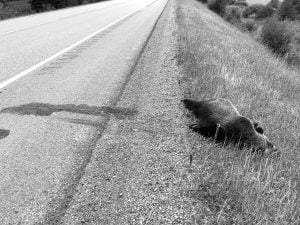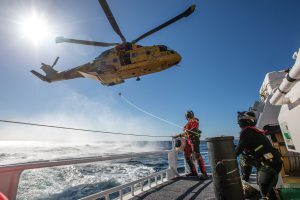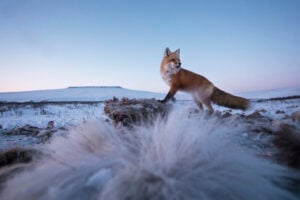
People & Culture
The Nunavut Quest dogsled race is revitalizing a once-threatened tradition
Inside the 500-kilometre dogsled race across the High Arctic with the qimuksiqtiit who are sharing their knowledge with the next generation
- 2681 words
- 11 minutes








